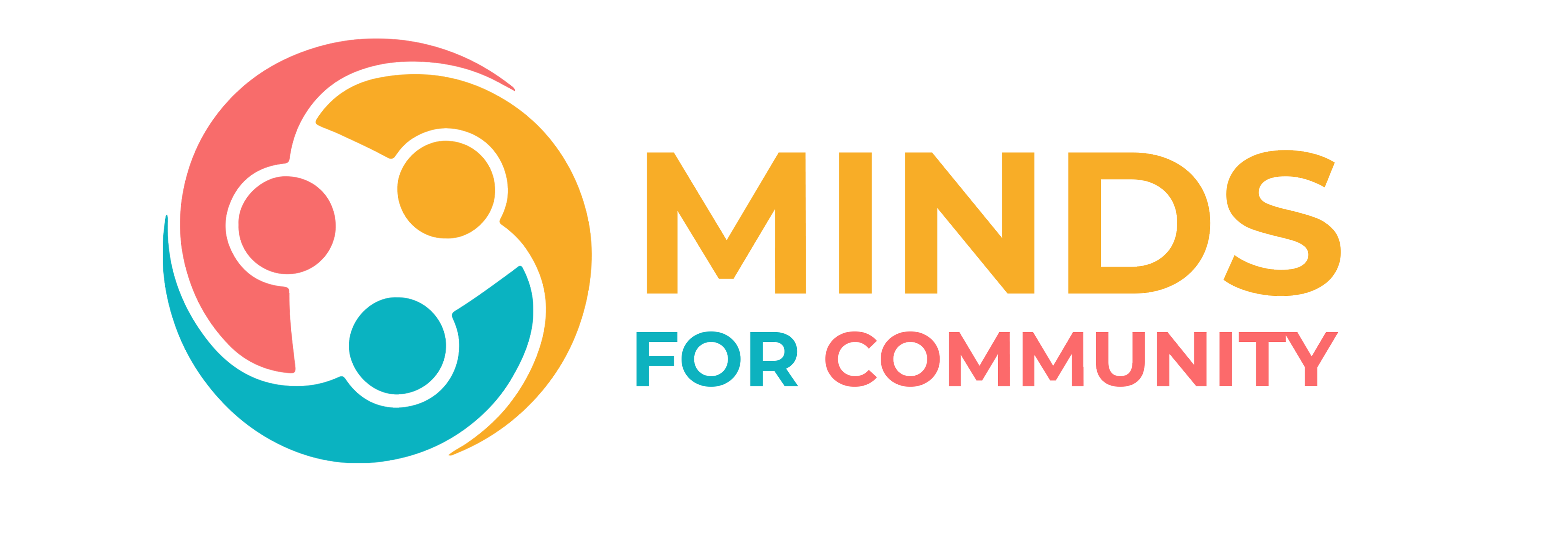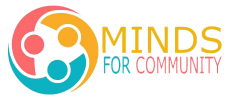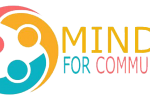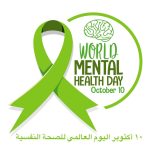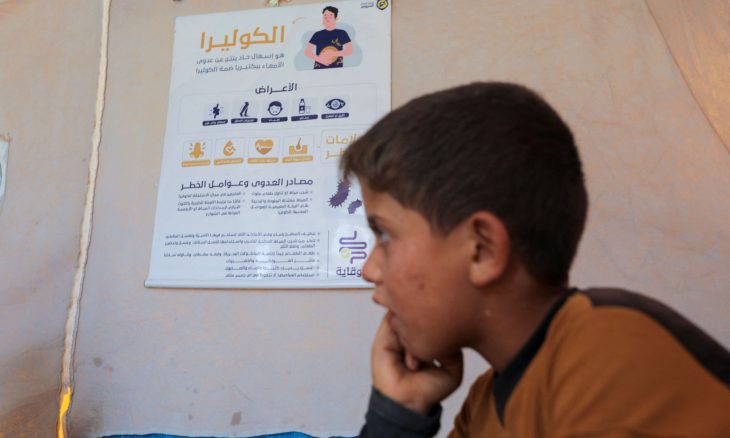The Lebanese Ministry of Health announced the registration of the first death due to cholera, and until the beginning of the week, Lebanon recorded 14 cases of cholera, according to the official Lebanese Ministry of Health figures.
The Lebanese Minister of Health in the government, Firas Abyad, said, during a tour in Akkar, in the north of the country, where the first cholera case was detected since 1993: “We are monitoring the situation on the ground, and we have seen a decline in the level of basic services, whether it is for the Lebanese people or refugees, and it arrived Regression to the level of exposure to epidemics that have not entered Lebanon for a long time,” noting that this frightening decline could affect public health as well.
He referred to the efforts made by the epidemiological surveillance programs to take samples from water or from patients who have symptoms or patients suspected of being in contact, and what laboratories provide and the readiness of hospitals, “with the accompaniment of partners from the World Health Organization who help in providing the required supplies, medicines, equipment and preparing a large number of In terms of tests that are carried out immediately, and in terms of preparing reference laboratories, or preparing a large number of needs in case things escalate.”Abyad confirmed that the preparedness at the level of the health system is good, resuming his speech, “but we consider that the problem is not here, but it begins with providing safe water to citizens or refugees, in addition to effective sanitation in order to get rid of any germs present in waste water.”
In this context, the Minister of Education and Higher Education in the caretaker government, Abbas Al-Halabi, issued a circular to all officials of official and private educational institutions in Lebanon about preventive measures against epidemic and infectious diseases, including cholera, which includes providing information on preventing the spread of infection, both to the administrative and educational bodies and individuals. Employees in educational institutions in general, and parents, and students and students, emphasizing the application of proper behaviors, and intensifying efforts to ensure that students and students wash their hands with soap and water in the correct manner, in addition to ensuring the cleanliness of the environment in the educational institution, including student and student tables, and all health facilities, and ensuring the cleanliness of the environment in the educational institution. Soap, water and tissues in all handwashing facilities, and containers containing sanitizing liquid in the corridors or inside classrooms.
The procedures also include ensuring the cleanliness and safety of water in the educational institution, and asking parents not to send any student or student complaining of any of the disease symptoms, for example, but not limited to severe watery diarrhea, vomiting, high temperature, that is, above 38 degrees Celsius, and so on. Provided that each of the educational staff monitors the students in his class and refers everyone who exhibits one of the symptoms of the disease to the health official in the institution to keep him in the health room until the parents are contacted to accompany him and follow up his health status according to the case, in addition to the health official following up on the condition of these students And healthy students through periodic communication with parents.
The Ministry of Education stresses the need to monitor people in contact with the patient for a period of five days from the date of contact with him. It is known that Lebanon’s public schools, especially public schools, are suffering from a severe financial crisis, and have previously been unable to provide the requirements for the prevention of the Corona virus on an ongoing basis, despite the aid that was coming from local and international associations.

